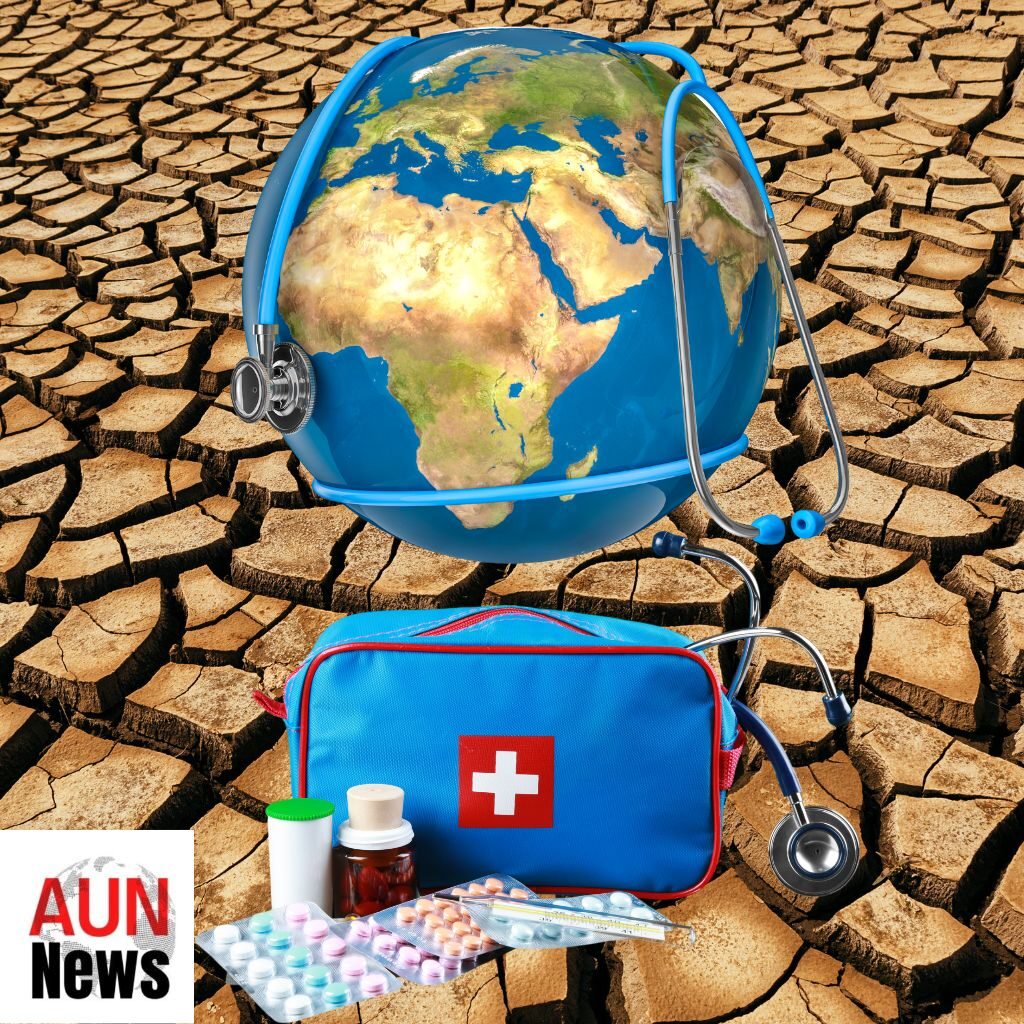
Summary:
- The PS said that drought causes many health problems, such as outbreaks of diseases like measles and cholera.
- She was sending off the Interagency Emergency Health Kits that the World Health Organization had given.
- The kits will be sent to the nine counties that are suffering the most from the drought.
In response to the drought, the Ministry of Health has been working with other State Departments, County Governments, and other stakeholders to do things like provide technical support on drought response mechanisms, improve disease surveillance and response, help manage Acute Malnutrition, give out food and nutrition supplements, and coordinate medical care and referrals. The World Health Organization (WHO) is monitoring the situation.
At the KEMSA Embakasi Depot, where she was sending off the Interagency Emergency Health Kits that the World Health Organization had given, the PS said that the coordination of the Health Sector drought response had been improved by creating the Health Sector Drought Disaster Task Force. This group’s job is to speed up the coordination mechanism for the health sector drought response and to strengthen disease and nutrition surveillance.
Task force assignment
“Also, the task force has been given the job of overseeing the purchase and distribution of life-saving and essential nutrition goods, improving the early detection, treatment, and referral of severely malnourished children under the age of 5, giving technical support to counties, and monitoring, evaluating, and helping to put the drought response and recovery plan into action. She spoke.
The medical kits will be sent to the nine counties in the country that are suffering the most from the drought. These counties are Mandera, Garissa, Wajir, Samburu, Tana River, Isiolo, Masarbit, Turkana, and Kajiado.
The PS said that drought causes many health problems, such as outbreaks of diseases like measles and cholera, upper respiratory tract infections, skin conditions, leishmaniasis, yellow fever, chikungunya fever, and dengue fever. She called for a multisectoral approach to help the communities in the different counties deal with the effects of the drought.
A much-needed help
She was grateful for the help WHO was giving to deal with the drought and said that the support helps the government’s efforts to deal with it and get back on its feet. “These Interagency Emergency Health Kits, equipment, and medicines will help a lot to stop the growing number of disease outbreaks that happen during droughts, and they will also help with the program for people with non-communicable diseases.” she said.
Ms. Mochache also said that the country is working to prepare for the threat of Ebola and is keeping a close eye on the cholera situation after an outbreak of a severe case caused by a private social event.
She asked other partners to help speed up response plans and the delivery of nutrition support, emergency medicines, and surveillance.
